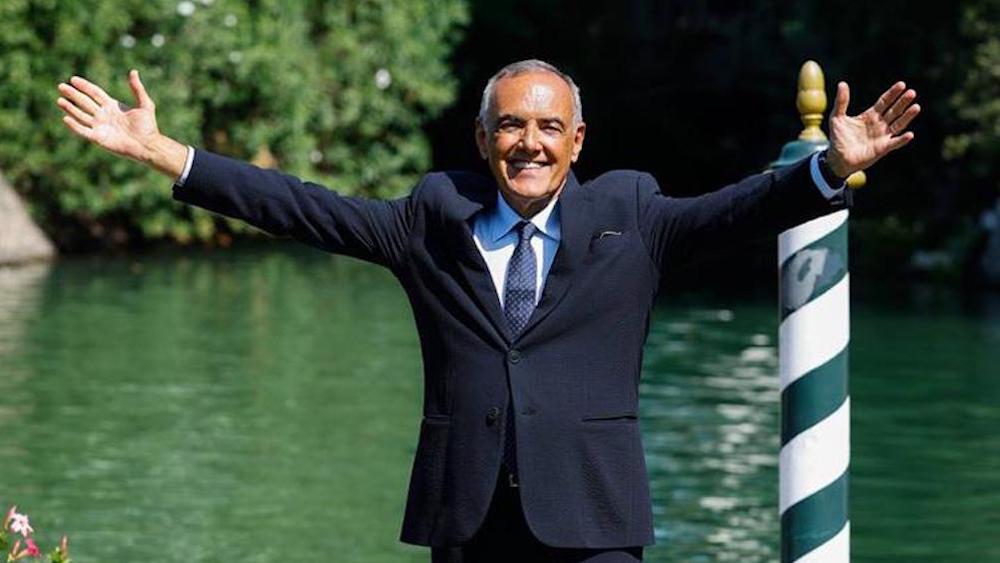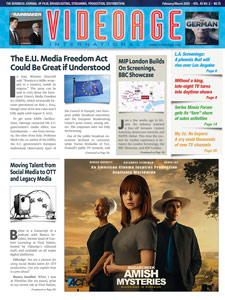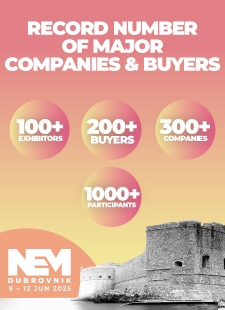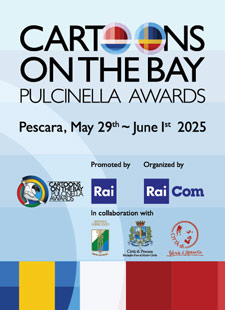By Alberto Barbera*
Today, movies are offered in forms and lengths that have very little to do with [requirements] that were developed over time. Lengths typically vary between the canonical 90 [minutes] and 120 minutes. On the one hand, films are becoming short or very short to adapt to their new containers — no longer the traditional movie theaters, or even household TV screens. Instead, we have the socials: Instagram, TikTok, YouTube, and more.
This was confirmed by a Chinese producer [I] encountered during one of the many useful exploratory trips [I] make every year. From his stories, one can deduce that production companies active in Beijing and Hong Kong now make their greatest profits by producing very short films that are offered on the Internet for pennies to a multitude of people. If these micro movies — which will probably never be seen at film festivals — represent the most significant and unexpected novelty in the evolution of the species, at the other end of the transformation spectrum we are witnessing an expansion of the [film] lengths and conventions of traditional narratives.
Everyone has [also] noticed that movies are becoming longer and longer, lasting and sometimes exceeding three hours. At [the Venice Film] festival, our interest lies less in discussing whether all this is a consequence of the stylistic and narrative influence exerted by TV series, which are proposed by streamers and consumed by household audiences. Instead, what interests us is observing how a growing number of filmmakers are letting themselves be tempted by the allure that experimentation with a new format offers their creative potential. The program of the 81st Venice Film Festival proposes significant examples of this expansive movement by hosting numerous movies that, to varying degrees, exceed two hours, and by screening four auteur series.
Showing these four series in their entirety (which vary in length from the five-and-a-half-hours of Alfonso Cuarón’s series to the eight hours of Rodrigo Sorogoyen’s) no doubt represents a challenge for spectators and a gamble for the Venice Film Festival’s programming, which in itself offers a plethora of movies. Nonetheless, we feel it was a risk worth taking, in view of the Festival’s commitment to indicating (or anticipating) the most significant trends that are taking form in the film universe.
*Alberto Barbera, pictured above, is the Director of the Venice Film Festival. This essay is edited from his introduction to the 81st edition of the event, taking place August 28-September 7, 2024.













Leave A Comment